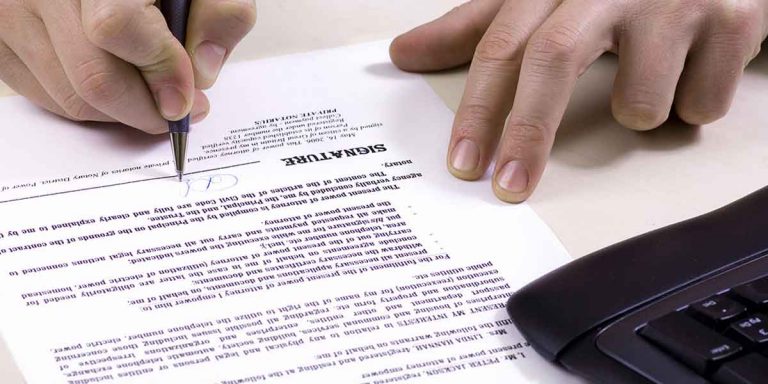
Why you need an elder law attorney
It is inevitable that as one grow old that certain issues would not come up requiring law experts. Thus, out of the need to resolve
Home » Estate Planning Lawyer » Page 51

It is inevitable that as one grow old that certain issues would not come up requiring law experts. Thus, out of the need to resolve

Trust Attorneys Near Me For You Trusts have long been used to avoid taxes due to their potential to grant flexibility. In terms of how

Probate Attorney & What We Can Do Are you searching for ways to keep away from probate? Probate is a pricey and time-consuming court procedure

Probate Attorney Services Probate is the technique of transferring assets from a deceased man or woman to their heirs. It can be time-consuming, so it

Estate Planning Lawyer in Contesting a Will Contesting a Will is a challenging and complicated task, which requires specialized prison advice. It is important to

Estate Planning Lawyers on Settling Estates With No Will A will is a legal record that lets in a person to distribute their assets. Even

Will Attorneys Near Me & Validity A will is a record that outlines a person’s desires for the distribution of their property and possessions after

In 2020, the yearly average cost for long-term care in the U.S. was around $19,240 to $105,850, depending on the type of long-term care rendered.

A power of attorney (POA) in which you (the principal) appoint an agent (the attorney-in-fact) to act and make decisions on your behalf. The power

What is a power of attorney? A power of attorney (POA) is a document in which you appoint another person to act and make decisions